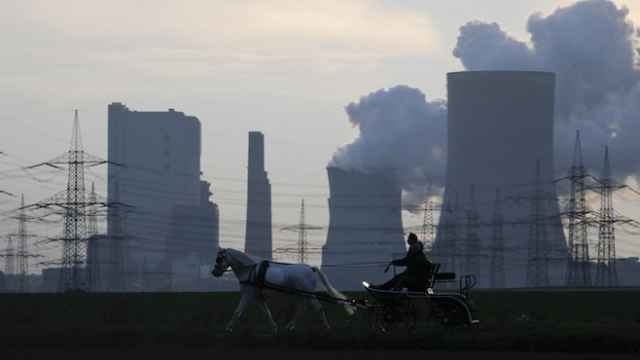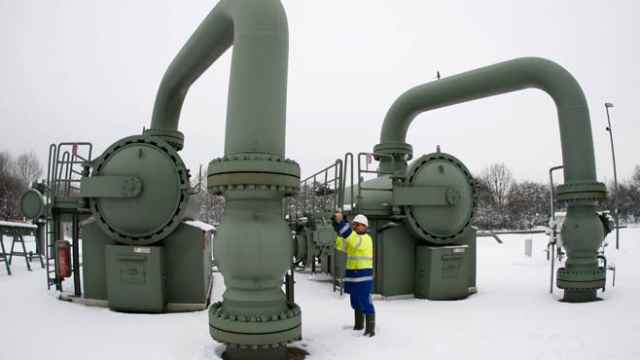German utility RWE will complete the sale of oil and gas unit DEA to Russian tycoon Mikhail Fridman by early March, it said Friday, easing fears of a potential collapse.
RWE, whose shares were up 5.1 percent on the news, had originally planned to close the transaction by the end of 2014 but in November warned it could take longer.
The deal, first announced in March last year, coincided with sanctions being imposed on Russia for its actions in Ukraine, raising questions in some European Union countries about whether a European oil and gas business should fall into Russian hands.
A string of German-Russian transactions have fallen apart amid growing tensions between Moscow and the West over Ukraine, including a major gas asset swap deal between German chemicals group BASF and Russia's Gazprom.
The fallout from the crisis also saw German healthcare group Fresenius SE terminate a generic drugs joint venture agreement with its Russian partners while retailer Metro delayed the stock market listing of a stake in its Russian cash-and-carry operation.
The transaction requires approval from the 14 countries where DEA operates, including Britain, which remains reluctant to agree to it on concerns that DEA's British assets could stop producing should any future sanctions against Russia hit LetterOne, the investment vehicle led by Fridman.
"We will examine the detail of this deal closely to consider its implications, and any action we may need to take," said a spokesman for the British Department of Energy & Climate Change.
LetterOne said it would keep DEA's British assets separate from the rest of the unit for a number of years, adding RWE would be obliged to buy back those assets, worth about 1 billion euros, during the first year following completion of the deal should sanctions be imposed against the buyers.
In that case, RWE would sell on the assets to an independent third party, it said.
RWE said DEA's final enterprise value — equity plus debt — was lowered to 5 billion euros, down from the 5.1 billion announced in March last year, "to reflect developments relating to certain exploration and production licenses."
"There were concerns that the final price might come down quite a bit as part of the delays," said a Frankfurt-based trader.
A Message from The Moscow Times:
Dear readers,
We are facing unprecedented challenges. Russia's Prosecutor General's Office has designated The Moscow Times as an "undesirable" organization, criminalizing our work and putting our staff at risk of prosecution. This follows our earlier unjust labeling as a "foreign agent."
These actions are direct attempts to silence independent journalism in Russia. The authorities claim our work "discredits the decisions of the Russian leadership." We see things differently: we strive to provide accurate, unbiased reporting on Russia.
We, the journalists of The Moscow Times, refuse to be silenced. But to continue our work, we need your help.
Your support, no matter how small, makes a world of difference. If you can, please support us monthly starting from just $2. It's quick to set up, and every contribution makes a significant impact.
By supporting The Moscow Times, you're defending open, independent journalism in the face of repression. Thank you for standing with us.
Remind me later.





